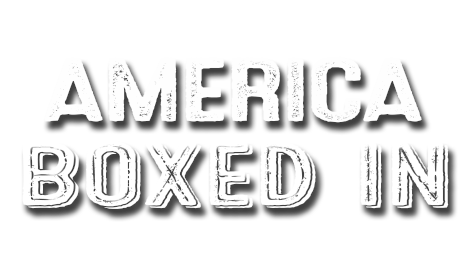
23 Jun Liberalism

Economic liberalism is synonymous with free- market trade and is the dominant economic doctrine today. In principle, economic liberalism accomplishes a number of things at once. It consists of many actors that interact in established ways and seek to influence one another. In other words, it is a system. Within this system buyers and sellers trade, compromise, charm, intimidate, and form networks. Neoliberalism is a modernized version of classical liberal economics. As such it was supposed to enable the U.S. to lead a more interdependent and peaceful world after World War II. It dominated market policy making in the U.S. for nearly three decades and gained strong support in developed nations from Europe to Japan. At the same time, in much of the developing world, the U.S. was successful in prescribing neoliberal policies through the major international financial institutions and transnational corporations. In more recent times, however, neoliberalism and its institutions have met growing opposition. It received perhaps its greatest blow from the 2008 global financial crisis. At the same time, however, the world has seen the rise of a viable alternative, namely, state capitalism.



Sorry, the comment form is closed at this time.